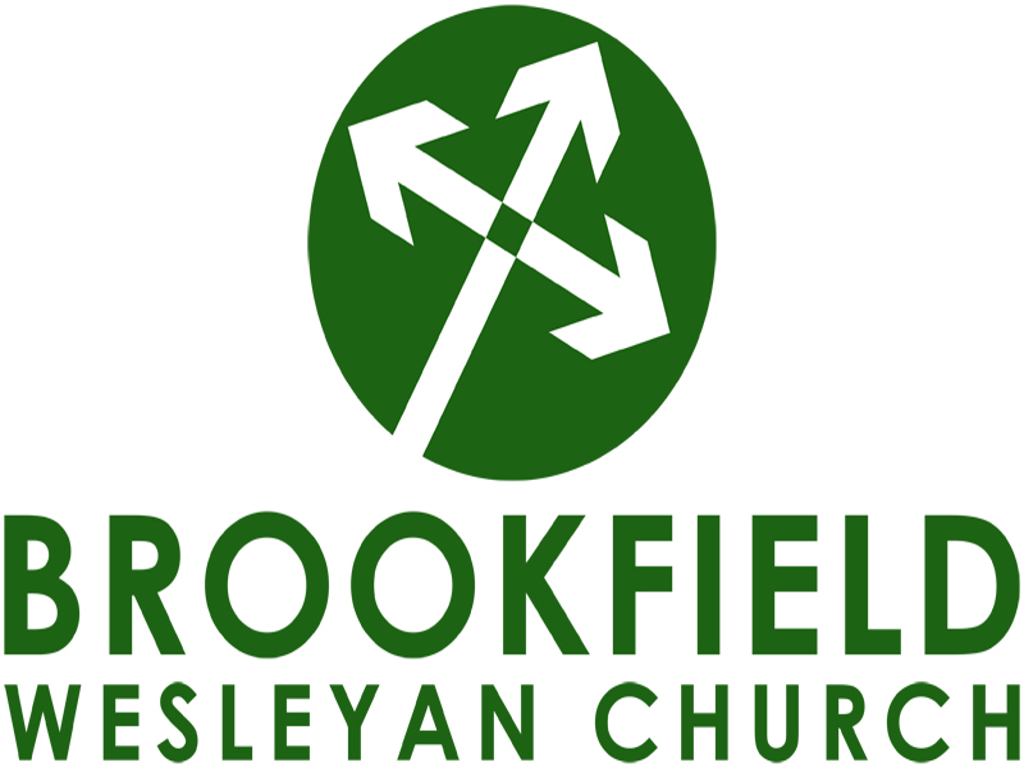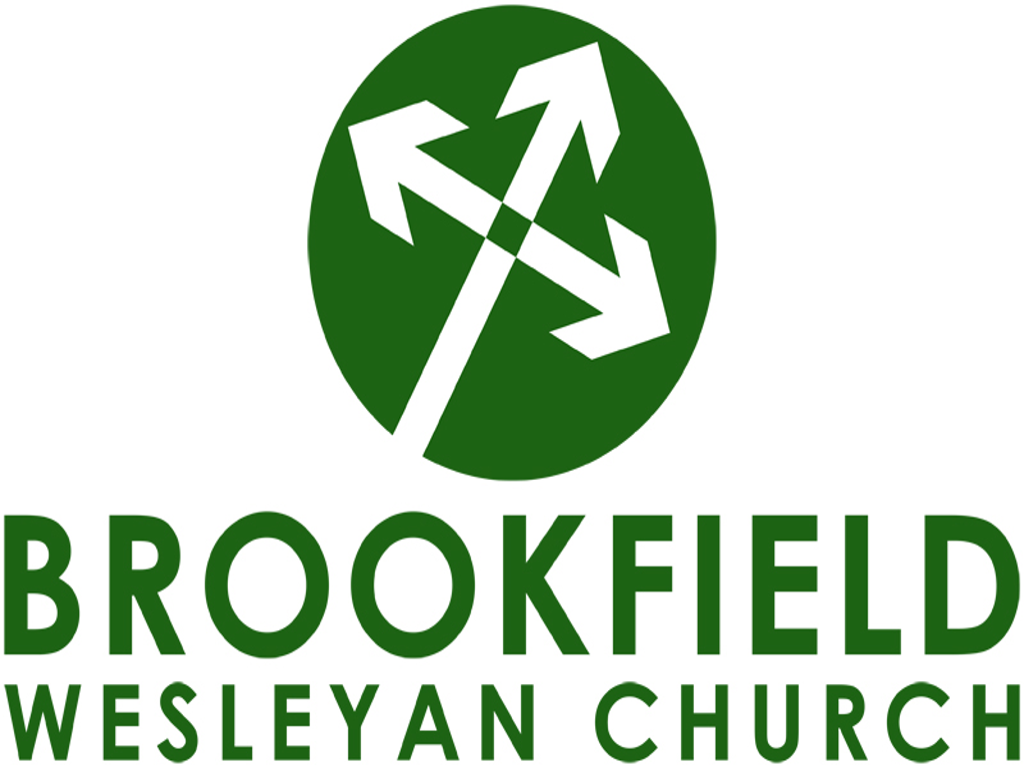
Honest Faith Comes From Open Doubt

There is more faith in HONEST DOUBT, than in BLIND FAITH!

Doing Good and Not Giving Up

Sunday, I shared a story from Philip Yancey, about a group of teens that went to Afganistan. In that story, we discovered that God had been working in Afganistan for a long time, even before these student were born. Here is that story,
In his book, What Good Is God?, Philip Yancey writes:
“This is a true story from Afghanistan that took place in the early 1970s, before the Russian occupation or the Taliban regime. At the time, the government allowed a small Christian church to service internationals who worked there, though no Afghans could attend. A friend of mine named Len organized a musical team of young people to tour countries in the Middle East. With some trepidation, he also accepted an invitation to extend the trip to Afghanistan for a concert in downtown Kabul. Len made the teenagers write out exactly what they would say, subject to his approval.
“This is a strict Muslim government,” he warned them. “If you say the wrong thing, you could end up in prison and at the same time jeopardize every Christian who lives in this country. Memorize these words and don’t dare stray from them when you perform.” The teenagers listened wide-eyed as he described the ominous consequence of a slight misstep…
The night of the official concert in Kabul, almost a thousand Afghans filled the hall and spilled outside the open doors to listen. All went well until one teenager on the team put down his guitar and started improvising: “I’d like to tell you about my best friend, a man named Jesus, and the difference he has made in my life.” From the side of the stage, Len motioned wildly for him to stop, drawing his finger across his neck. Ignoring him, the teenager proceeded to give a detailed account of how God had transformed his life.
“I was practically beside myself,” Len told me. “I knew the consequences, and I sat with my head in my hands waiting for the sword to drop. Instead, the most amazing thing happened. The Minister of Cultural Affairs for Afghanistan stood and walked to the stage to respond.
“‘We have seen many American young people come through this country,’ he said. ‘Most of them come for drugs, and most look like hippies. We have not seen nor heard from young people like you. God’s love is a message my country needs. How thrilled I am to hear you! You are a prototype for the youth of Afghanistan to follow in the future. I would like to invite you to expand your tour so that you visit every college and faculty and also give this same message on Kabul Radio. I will make it happen.'”
Len was dumbfounded. That night he gathered the musical group together. “Did you hear what the man said? We’re changing our tickets, of course, to lengthen our visit. And he wants you to give this same message–you’d better not change a word!”
Over the next few days, the musical team held other performances. After each event Afghan young people crowded around with questions. Tell me more about this Jesus–we know of him through the Qur’an. You speak of a personal relationship with God. Can you describe it? How does your faith change you? Some asked to pray with the teenagers. Nothing like it had ever happened in Afghanistan.
On the last day, after a triumphant tour, the teenagers met J. Christy Wilson, a revered figure in Afghanistan. Born of missionary parents in Iran, he … [had] spent 22 years in Afghanistan, serving as principal of a government high school and teaching English to the Crown Prince and Afghan diplomats. He also led the Community Christian Church and founded the School for the Blind in Kabul.
Wilson drove the teenagers to an unusual tourist site, the only cemetery in Afghanistan where “infidels” could be buried. He walked to the first, ancient gravestone, pitted with age. “This man worked here 30 years and translated the Bible into the Afghan language,” he said. “Not a single convert. And in this grave next to him lies the man who replaced him, along with his children who died here. He toiled for 25 years and baptized the first Afghan Christian.” As they strolled among the gravestones, he recounted the stories of early missionaries and their fates. At the end of the row he stopped, turned, and looked the teenagers straight in the eye. “For 30 years, one man moved rocks. That’s all he did, move rocks. Then came his replacement, who did nothing but dig furrows. There came another who planted seeds, and another who watered. And now you kids–you kids–are bringing in the harvest.”
“It was one of the great moments of my life,” Len recalls. “I watched their faces as it suddenly dawned on these exuberant American teenagers that the amazing spiritual awakening they had witnessed was but the last step in a long line of faithful service stretching back over many decades.”

Breaking Free


Loving Others

Galatians 5:14-15 – For the whole law can be summed up in this one command: “Love your neighbor as yourself.” But if you are always biting and devouring one another, watch out! Beware of destroying one another.
Shouldn’t we try to see people through Jesus eyes?

Born Free

Galatians 3:19a – Why, then, was the law given? It was given alongside the promise to show people their sins.
In the last days of the Civil War, the Confederate capital, Richmond, Virginia, fell to the Union army. Abraham Lincoln insisted on visiting the city. Even though no one knew he was coming, slaves recognized him immediately and thronged around him. He had liberated them by the Emancipation Proclamation, and now Lincoln’s army had set them free. According to Admiral David Porter, an eyewitness, Lincoln spoke to the throng around him: “My poor friends, you are free—free as air. You can cast off the name of slave and trample upon it … . Liberty is your birthright.”
But Lincoln also warned them not to abuse their freedom. “Let the world see that you merit [your freedom],” Lincoln said, “Don’t let your joy carry you into excesses. Learn the laws and obey them.”
That is very much like the message Jesus gives to those whom he has liberated by his death and resurrection. Jesus gives us our true birthright—spiritual freedom. But that freedom isn’t an excuse for disobedience; it forms the basis for learning and obeying God’s laws. It gives us direction in action.
